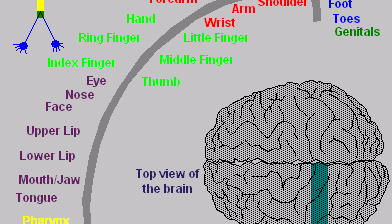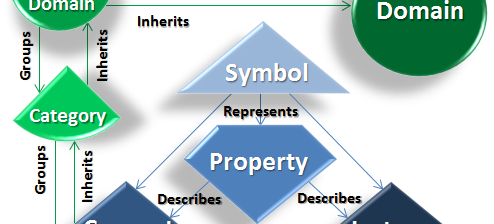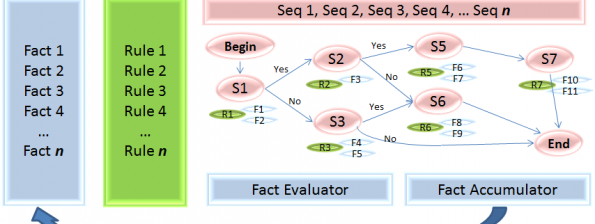Tag Archives: context
20 Apr Digital Presence and Immortality

Immortality? I’ve heard it said that a person was “immortalized” in such and such a painting, sculpture or poem. Unless you pack the burial with all the images of a person, the fact that those images outlast the decaying body may be a form of immortality. Are authors immortal? I’m rereading All’s Well, and I […]
31 Mar Asymmetrical Balance, True Love and Chaos

Inequality is the Pattern Unequal distributions characterize everything in the universe from subatomic particles to galaxies. In fact the whole idea of “equality” in the physical universe seems at least a tiny bit sketchy. At the extreme end of unequal distributions is chaos. On the near end are things that approximate equality: balance, parity, equal opportunity, symmetry […]
06 Mar Correlation in Neuroeconomics

I find that driving when my body is tense, especially on slick roads or in poor visibility, is uncomfortable to the point of danger. Stress is a killer. I found, as a student, that relaxing at the piano just before going in to the test helped me perform better (on the test). I think many […]
26 Feb Choosing an Ontology Framework

Ontology is a knowledge representation language like Roger Schank‘s Semantic Networks and John Sowa‘s Conceptual Graphs or Doug Lenat‘s Semantic Web. An Ontology framework is the model (structure, function and content definition) in which you choose to build your ontology. Like a Relational Database or an Object Oriented Programming Language, an ontology has defined structures, functions […]
24 Feb Intro to the End of Code

By: Joe Roushar – February 2013 In the Beginning When computer programming began, it consisted mostly of written computer instructions called code. Data was minimal. Decks of dozens to hundreds of punched cards told the computer what to do with the data, which was also encoded on punched cards. The process of writing and debugging code was tremendously tedious. As computing […]
21 Jan Gating in Human Reasoning

Both neuroscience and computer science have borrowed the metaphor of the gate for representing the function of letting some things go through and restricting others. In computing it is mostly a binary function: if the gate is closed, nothing comes in, if the gate is open, everything that is at the threshold comes in. I chose the pictures above because gates […]
07 Dec Probability of Understanding Meaning

Some suggest that computers can achieve full language understanding capabilities using statistical models. Others argue that heuristics or programmatic interpretation that uses special procedures tailored to linguistic phenomena. The two camps are as far apart as ever. Consider the comments around this recent article on Tor.com. On the one side, Norvig demonstrates the validity […]
12 Nov Context Powers Backward Chaining Logic

A popular success strategies book suggests that if we “Begin with the End in Mind” we are likely to get where we’re going more consistently. We wander less if we think about what we want at the end from the very first steps of our journeys. Context helps us do that. Human behaviorists and philosophers have […]






